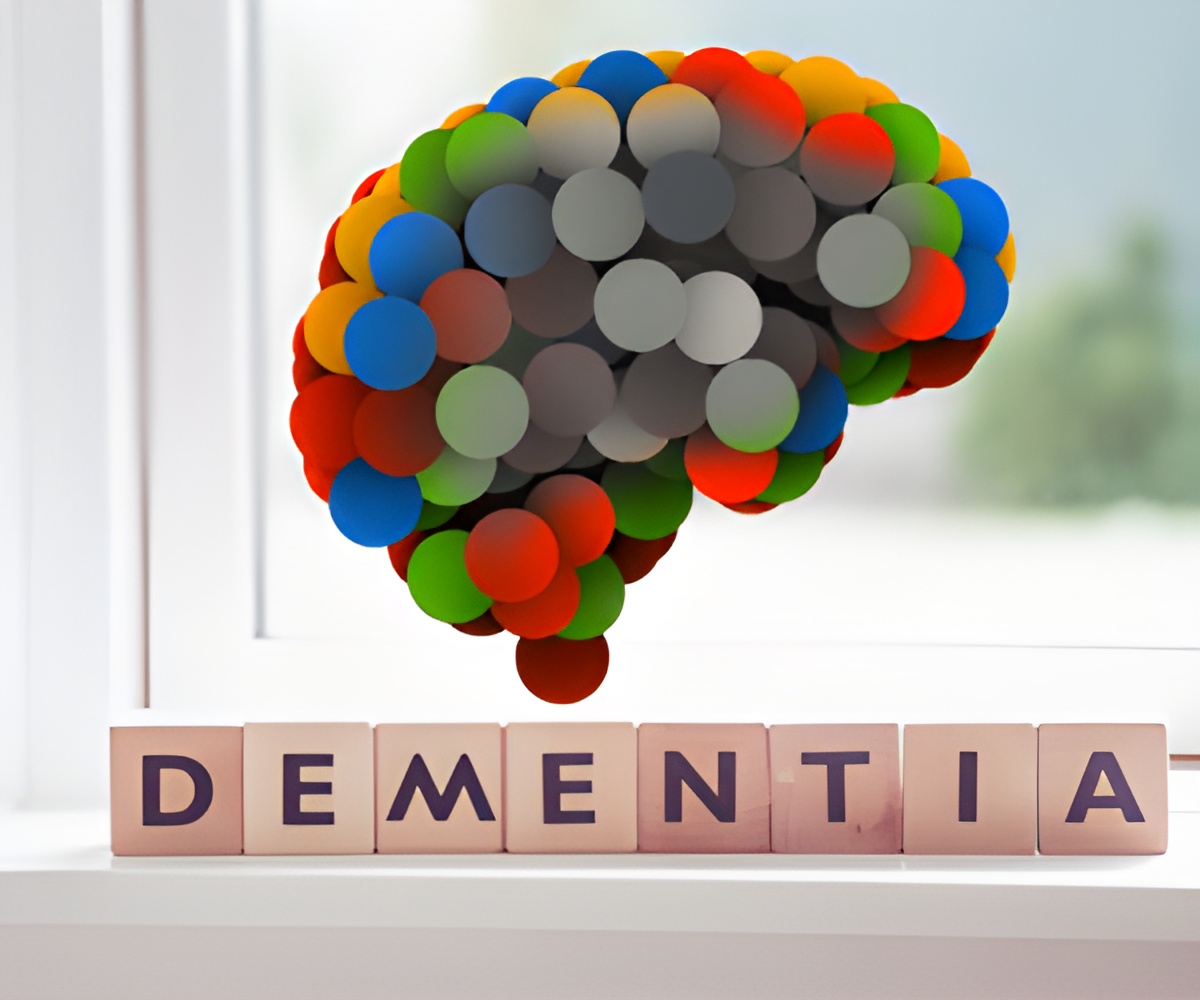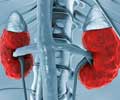Individuals with reduced kidney function may have an increased risk of developing dementia.

‘Individuals with reduced kidney function may have an increased risk of developing dementia. This shows that chronic kidney disease is a possible risk factor for dementia; however, while it shows an association, it does not prove that it is a cause.’





"Even a mild reduction in kidney function has been linked to an increased risk of cardiovascular disease and infections, and there is growing evidence of a relationship between the kidneys and the brain. Just like with chronic kidney disease, the risk of dementia increases as people age. With no effective treatments to slow or prevent dementia, it is important to identify possible modifiable risk factors. If we could prevent or delay some cases of dementia by preventing or treating kidney disease, that could have important public health benefits. Our study shows that reduced kidney function is linked to the development of dementia, however it does not prove that it is a cause," says study author Hong Xu, M.D., Ph.D., of Karolinska Institute in Stockholm, Sweden. Kidney Function and Dementia
A database was utilized by the study team to identify nearly 330,000 people 65 years and older who received health care in the city of Stockholm and were followed for an average of five years. None of the participants had dementia or had undergone kidney transplants or dialysis at the start of the study.
It was found that over the course of the study 18,983 people, or 6% of participants, were diagnosed with dementia. An estimated filtration rate of 90 milliliters (mL) per minute or higher is considered normal in most healthy people. Thus with the decrease in kidney function, the rate of dementia increased.
In people with a normal kidney filtration rate of 90 to 104 mL per minute, there were seven cases of dementia per 1,000 person-years. In people with severe kidney disease, or a filtration rate of less than 30 mL per minute, there were 30 cases of dementia per 1,000 person-years.
Advertisement
The study also observed that people with filtration rates of 30 to 59 mL per minute, which indicates moderate chronic kidney disease, had a 71% higher risk of developing dementia compared to those with normal kidney function, and people with filtration rates of less than 30 mL per minute had a 162% higher risk.
Advertisement
"Our study identifies chronic kidney disease as a possible risk factor for dementia, however while it shows an association, it does not prove that it is a cause. More research is needed to determine the exact reasons for the association. Still, our findings raise awareness of the link between these two conditions and may help health professionals develop and implement strategies to screen for kidney disease and monitor kidney function in people at risk of dementia. Identifying and treating cases sooner may reduce the risk of dementia," says Xu.
However, the study requires access to participants' medical records that might have helped to identify more cases rather than identifying by clinical diagnoses.
Source-Medindia















